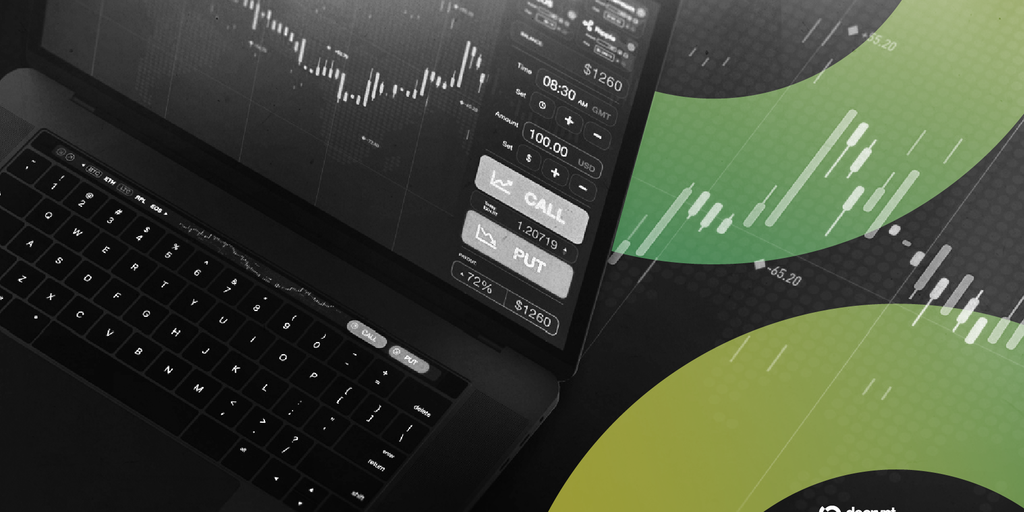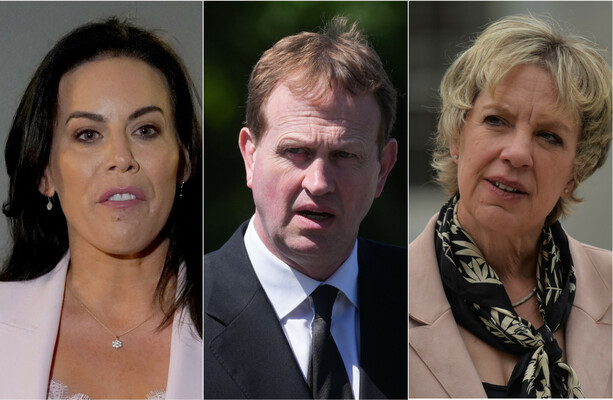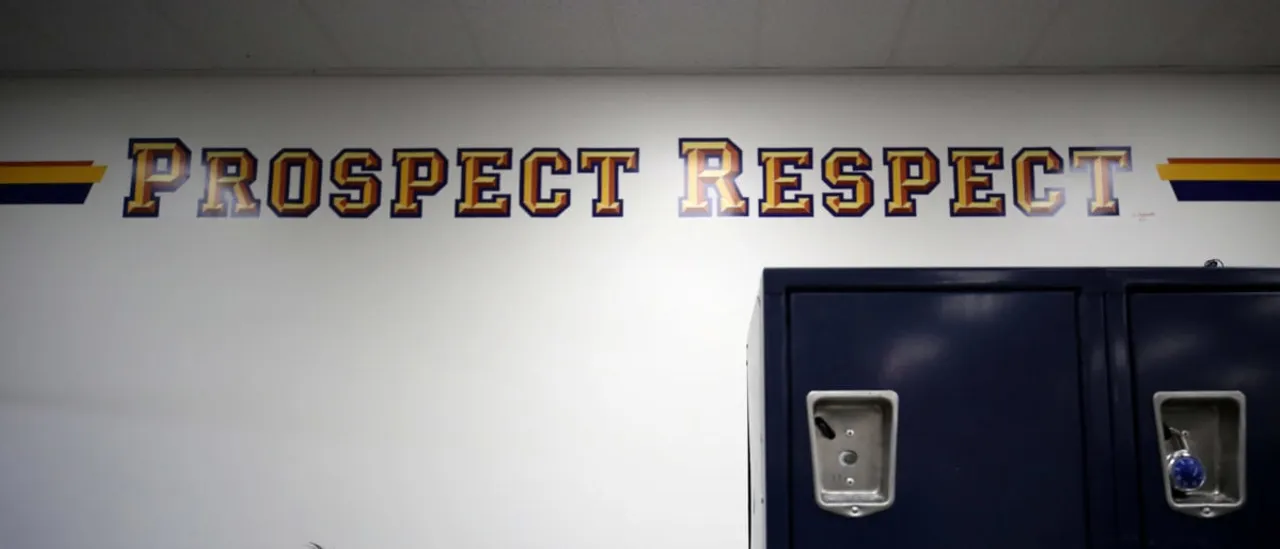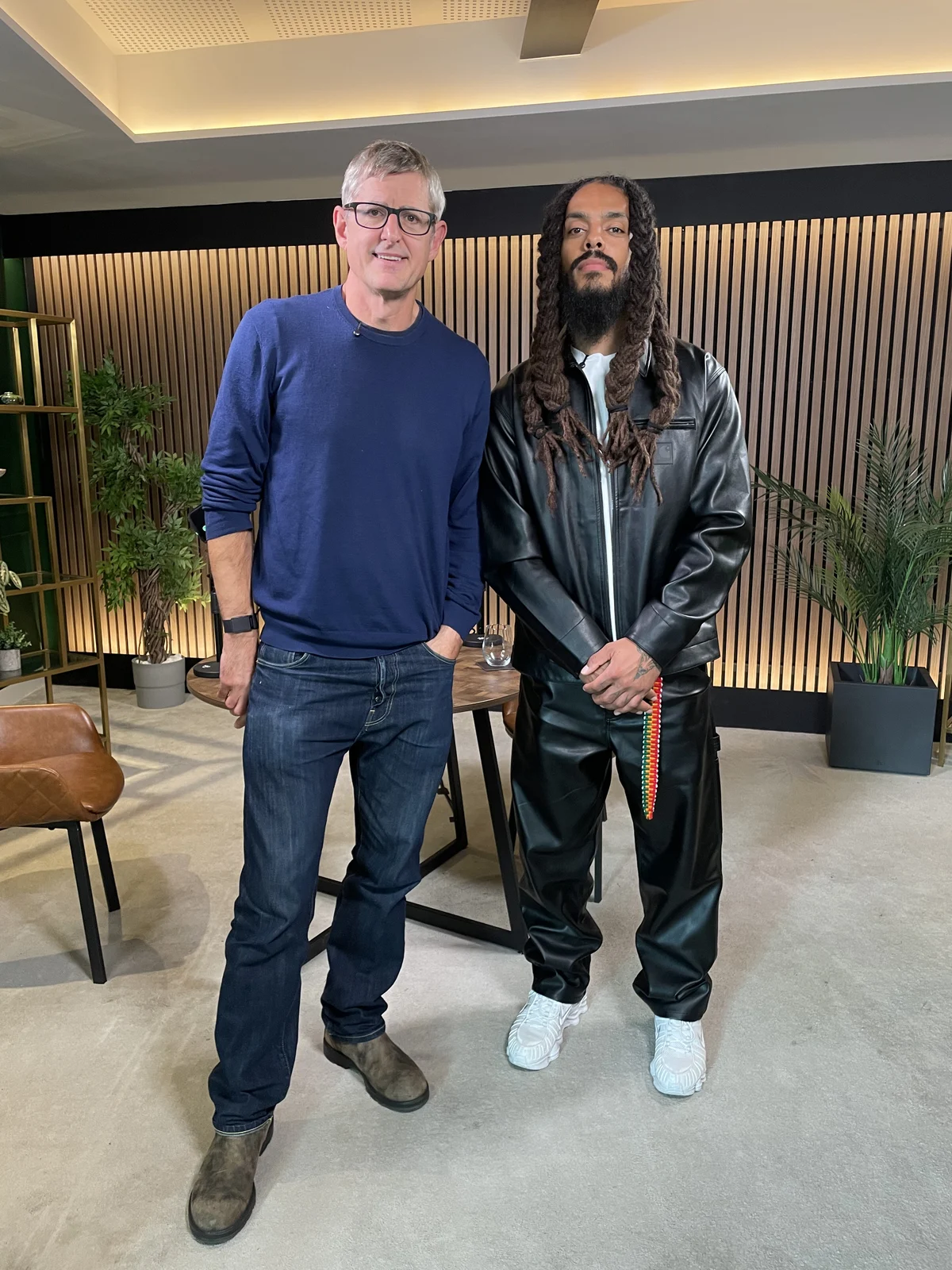Copyright Arkansas Online
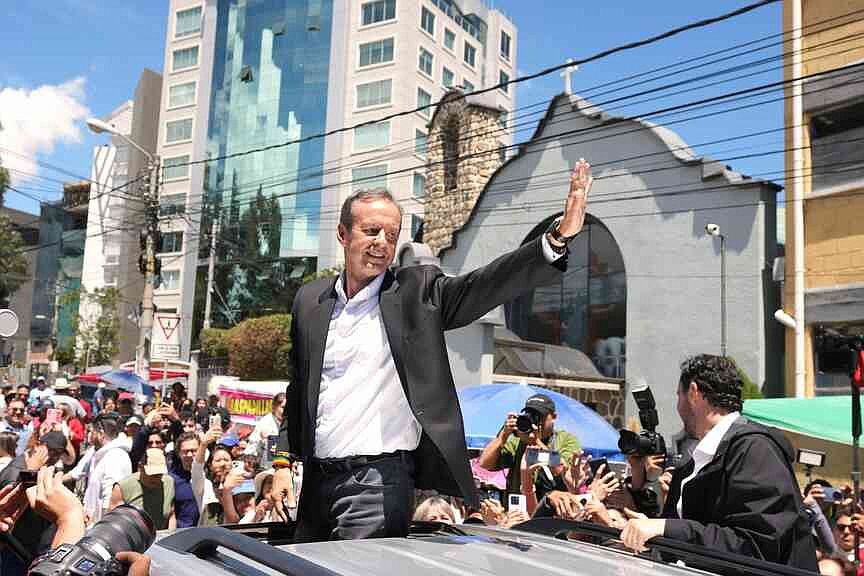
LA PAZ, Bolivia -- Rodrigo Paz, a centrist senator who was never a nationally prominent figure until now, won Bolivia's presidential election on Sunday, preliminary results showed, galvanizing voters outraged by the country's economic crisis and frustrated with 20 years of rule by the Movement Toward Socialism party. "The trend is irreversible," said Óscar Hassenteufel, the president of the Supreme Electoral Tribunal that released the early results showing that Paz, 58, secured more than 54% of the vote. His rival, former right-wing President Jorge "Tuto" Quiroga, won just over 45% of the vote. Paz and his popular running mate, ex-police Capt. Edman Lara, gained traction among working-class and rural voters disillusioned with the unbridled spending of the long-ruling Movement Toward Socialism, or MAS, party but wary of a radical 180-degree turn away from its social protections. Although Paz plans to end Bolivia's fixed exchange rate, phase out generous fuel subsidies and reduce hefty public investment, he says he'll take a gradual approach to free-market reforms in hopes of avoiding a sharp recession or jump in inflation that would enrage the masses. In contrast, Quiroga advocated relying on the International Monetary Fund for a shock treatment package of the kind Bolivians came to know and fear in the 1990s. Paz's victory sets this nation of 12 million in South America on a sharply uncertain path as he seeks to enact major change for the first time since the 2005 election of MAS founder Evo Morales, a charismatic coca growers' union leader who became Bolivia's first Indigenous president in 2006. Since 2023, the Andean nation has been crippled by a shortage of U.S. dollars that has locked Bolivians out of their own savings and hampered imports. Year-on-year inflation soared to 23% last month, the highest rate since 1991. Fuel shortages paralyze the country, with motorists often waiting days in line to fill up their tanks. Quiroga and Paz both vowed to break with the budget-busting populism that dominated Bolivia under the MAS party. "We are closing one cycle and opening another," Paz told supporters as he cast his ballot in his hometown of Tarija, alongside his father, former President Jaime Paz Zamora, earlier Sunday. Some voters said they felt energized by the promise of change as they lined up to vote. Lines snaked outside many polling stations. "Since 2005 we haven't had any real options, so this is exciting for me," said high school teacher Carlos Flores, 41, who was waiting to vote for Paz. Others said they had lost faith in politics itself. Around 10% of voters remained undecided heading into the runoff, according to polls, with many Bolivians wary of a lurch toward privatization and austerity but also incensed at their left-wing government's profligate spending and corruption. Voting is compulsory for Bolivia's nearly 8 million eligible voters. Riven by internal divisions and battered by public anger over the economic crisis, MAS suffered a historic defeat in the Aug. 17 elections that propelled Quiroga and Paz to the runoff. Paz beat Quiroga but without enough votes to avoid a second round. Both candidates had promised to end Bolivia's fixed exchange rate and lure foreign investment. Among the factors that most distinguished them was how far and fast they proposed pushing their reforms. Paz favored a more cautious approach. He said he'll phase out fuel subsidies gradually and provide MAS-style social protections like cash handouts to cushion the blow. Shunning the IMF, an organization viewed with contempt in Bolivia during the nearly two decades of left-wing rule, Paz promised to scrape together dollars by legalizing Bolivia's black market and fighting corruption. The end of MAS after 20 years of hegemony triggers a major economic and geopolitical realignment that could reverberate across the continent. Both candidates had said they'll welcome foreign investment and encourage private enterprise in Bolivia, which has the world's greatest lithium resources. It also means a shift away from Bolivia's current allies, China and Russia, and toward the United States after decades of antipathy toward the West.
